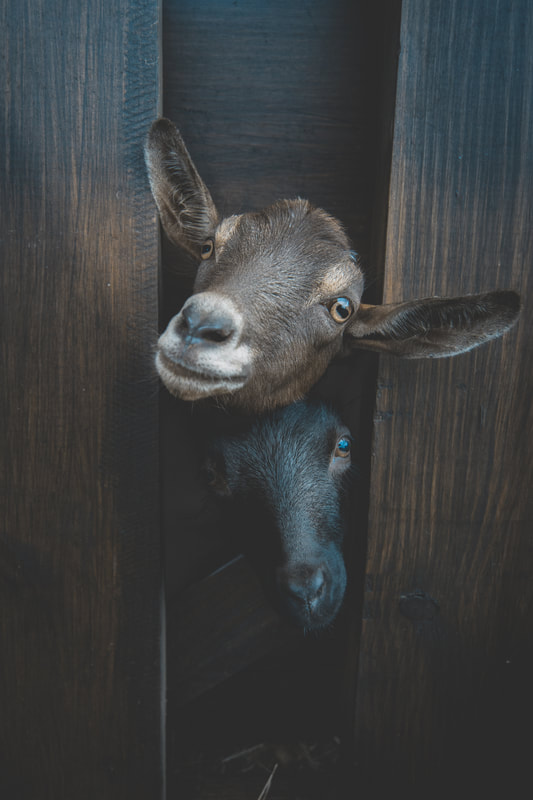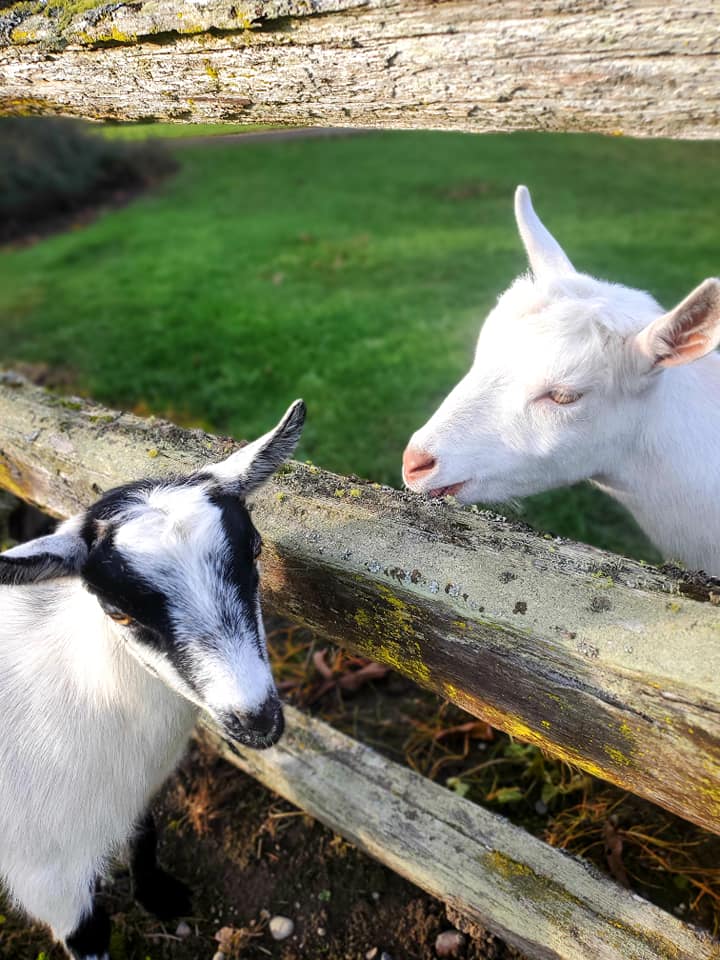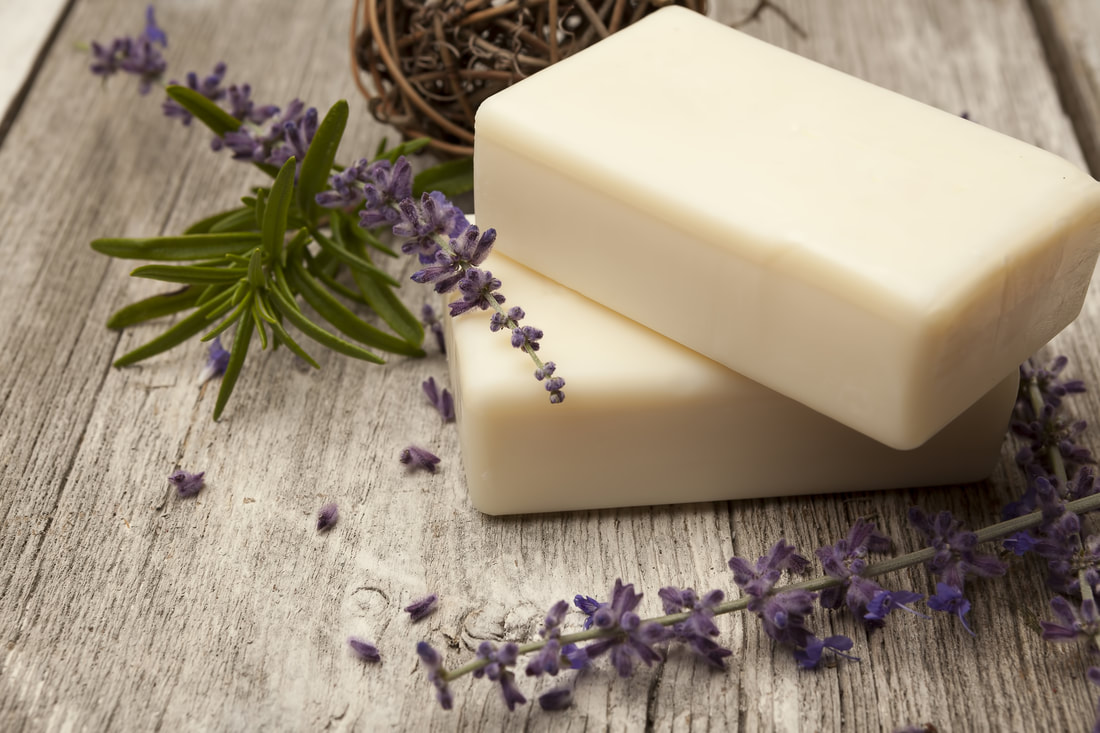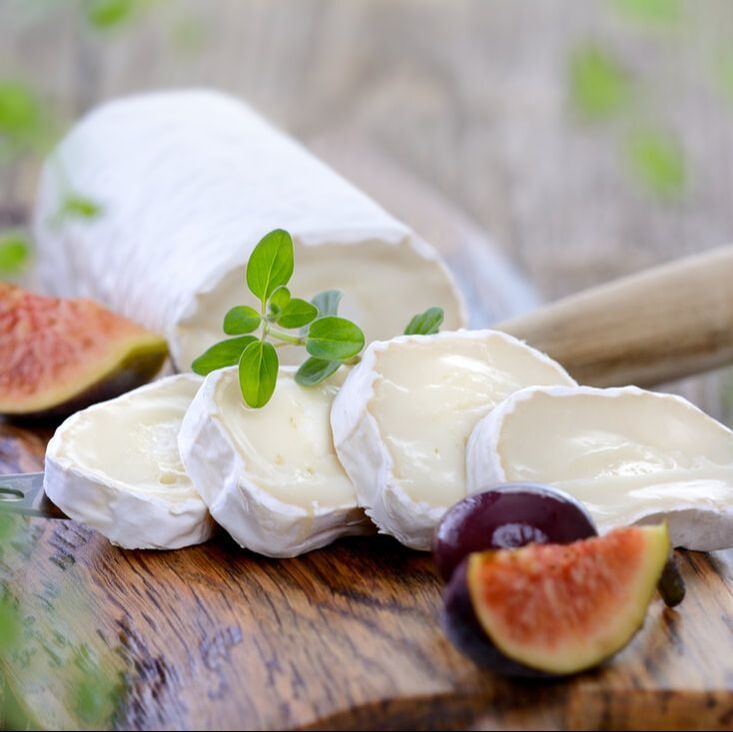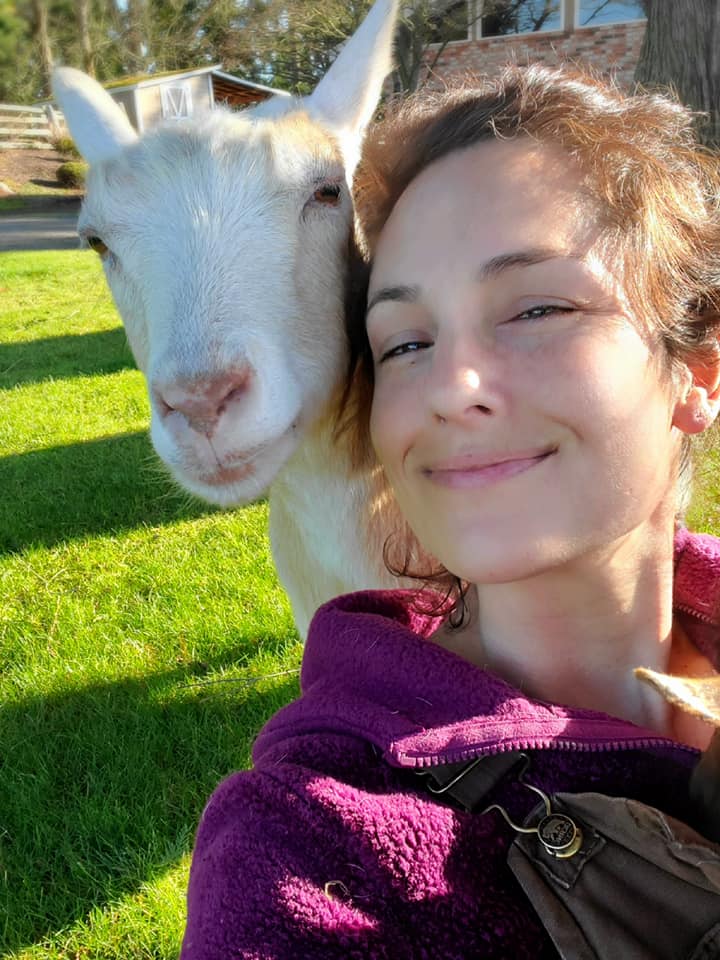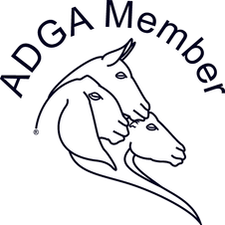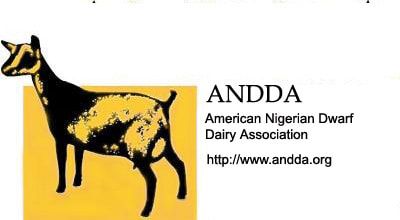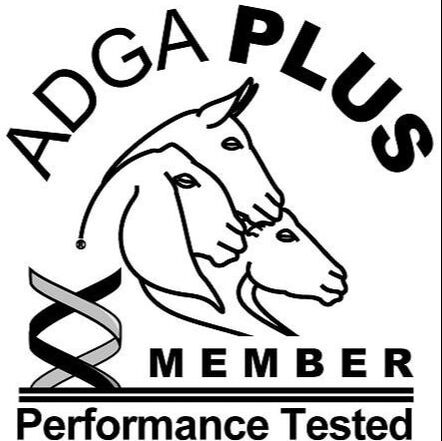A little intro
Narnia Goat Farm is located in Sequim, WA on the beautiful Olympic Peninsula. The delightful Nigerian Dwarf goats living at Narnia are purebred and registered with ADGA and participate in performance programs.
Cared for and bred by Jacki Marquart and husband Ben Smith.
Ben and his brother are 4th generation Holstein dairy operators. They also share a crop operation and grass-fed beef operation and truck their own cows' milk to Darigold's cheese making plant in Chehalis, WA.
I'm Jacki. My educational and professional background are a mix of business and social work. I'm thankful that life led me down this fortunate path to do something full time that I feel fulfilled and passionate by/about.
Breeding Nigerians Dwarf goats using performance tools like the ADGA Linear Appraisal program, ADGA sanctioned dairy goat shows, Dairy Herd Improvement milk testing program, DNA, and Casein testing; allows us to measure progress each year as we breed for better production, type & conformation in daughters compared to their dams and other does across the country. This requires quite a bit of homework and we use bucks who live on our farm and frozen semen from sires from across the country via the artificial insemination process in an effort to see measurable progress year over year.
If that last entire paragraph sounded like gibberish to you- and you are shopping for a well put together miniature dairy goat... we have those. I like to categorize the goats and match buyers with the pedigree lines, show potential, milking abilities, personality traits or appearance traits that they are trying to find. If I don't have the right goat for you- I have lots of breeder friends that I can refer you to who may!
Disease tested negative annually 2020 2021 2022 2023 for CAE, CL, Johnnes, and anything that I randomly become worried about LOL.
Cared for and bred by Jacki Marquart and husband Ben Smith.
Ben and his brother are 4th generation Holstein dairy operators. They also share a crop operation and grass-fed beef operation and truck their own cows' milk to Darigold's cheese making plant in Chehalis, WA.
I'm Jacki. My educational and professional background are a mix of business and social work. I'm thankful that life led me down this fortunate path to do something full time that I feel fulfilled and passionate by/about.
Breeding Nigerians Dwarf goats using performance tools like the ADGA Linear Appraisal program, ADGA sanctioned dairy goat shows, Dairy Herd Improvement milk testing program, DNA, and Casein testing; allows us to measure progress each year as we breed for better production, type & conformation in daughters compared to their dams and other does across the country. This requires quite a bit of homework and we use bucks who live on our farm and frozen semen from sires from across the country via the artificial insemination process in an effort to see measurable progress year over year.
If that last entire paragraph sounded like gibberish to you- and you are shopping for a well put together miniature dairy goat... we have those. I like to categorize the goats and match buyers with the pedigree lines, show potential, milking abilities, personality traits or appearance traits that they are trying to find. If I don't have the right goat for you- I have lots of breeder friends that I can refer you to who may!
Disease tested negative annually 2020 2021 2022 2023 for CAE, CL, Johnnes, and anything that I randomly become worried about LOL.
